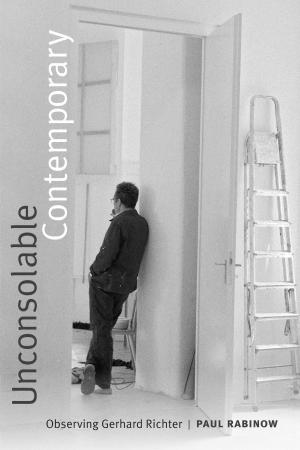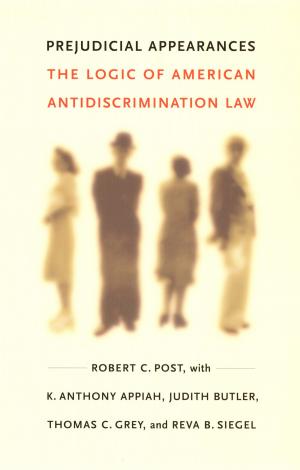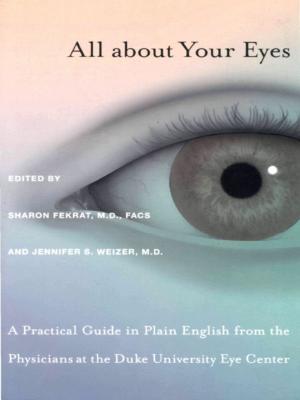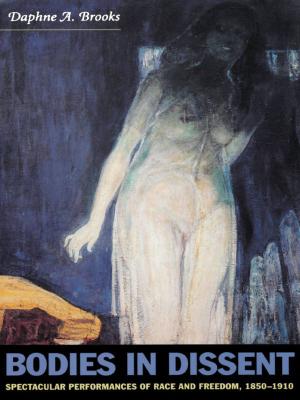Listening Subjects
Music, Psychoanalysis, Culture
Nonfiction, Entertainment, Music, Theory & Criticism, Appreciation, Reference, Health & Well Being, Psychology, Psychoanalysis| Author: | David Schwarz | ISBN: | 9780822399513 |
| Publisher: | Duke University Press | Publication: | June 18, 1997 |
| Imprint: | Duke University Press Books | Language: | English |
| Author: | David Schwarz |
| ISBN: | 9780822399513 |
| Publisher: | Duke University Press |
| Publication: | June 18, 1997 |
| Imprint: | Duke University Press Books |
| Language: | English |
In Listening Subjects, David Schwarz uses psychoanalytic techniques to probe the visceral experiences of music listeners. Using classical, popular, and avant-garde music as texts, Schwarz addresses intriguing questions: why do bodies develop goose bumps when listening to music and why does music sound so good when heard "all around?" By concentrating on music as cultural artifact, Listening Subjects shows how the historical conditions under which music is created affect the listening experience.
Schwarz applies the ideas of post-Lacanian psychoanalytic theorists Slavoj Zizek, Julia Kristeva, and Kaja Silverman to an analysis of diverse works. In a discussion of John Adams’s opera Nixon in China, he presents music listening as a fantasy of being enclosed in a second skin of enveloping sound. He looks at the song cycles of Franz Schubert as an examination and expression of epistemological doubts at the advent of modernism, and traverses fantasy "space" in his exploration of the white noise at the end of the Beatles’ "I Want You (She’s So Heavy)." Schwarz also considers the psychosexual undercurrent in Peter Gabriel’s "Intruder" and the textual and ideological structures of German Oi Musik. Concluding with a reading of two compositions by Diamanda Galás, he reveals how some performances can simultaneously produce terror and awe, abjection and rage, pleasure and displeasure. This multilayered study transcends other interventions in the field of musicology, particularly in its groundbreaking application of literary theory to popular and classical music.
In Listening Subjects, David Schwarz uses psychoanalytic techniques to probe the visceral experiences of music listeners. Using classical, popular, and avant-garde music as texts, Schwarz addresses intriguing questions: why do bodies develop goose bumps when listening to music and why does music sound so good when heard "all around?" By concentrating on music as cultural artifact, Listening Subjects shows how the historical conditions under which music is created affect the listening experience.
Schwarz applies the ideas of post-Lacanian psychoanalytic theorists Slavoj Zizek, Julia Kristeva, and Kaja Silverman to an analysis of diverse works. In a discussion of John Adams’s opera Nixon in China, he presents music listening as a fantasy of being enclosed in a second skin of enveloping sound. He looks at the song cycles of Franz Schubert as an examination and expression of epistemological doubts at the advent of modernism, and traverses fantasy "space" in his exploration of the white noise at the end of the Beatles’ "I Want You (She’s So Heavy)." Schwarz also considers the psychosexual undercurrent in Peter Gabriel’s "Intruder" and the textual and ideological structures of German Oi Musik. Concluding with a reading of two compositions by Diamanda Galás, he reveals how some performances can simultaneously produce terror and awe, abjection and rage, pleasure and displeasure. This multilayered study transcends other interventions in the field of musicology, particularly in its groundbreaking application of literary theory to popular and classical music.















